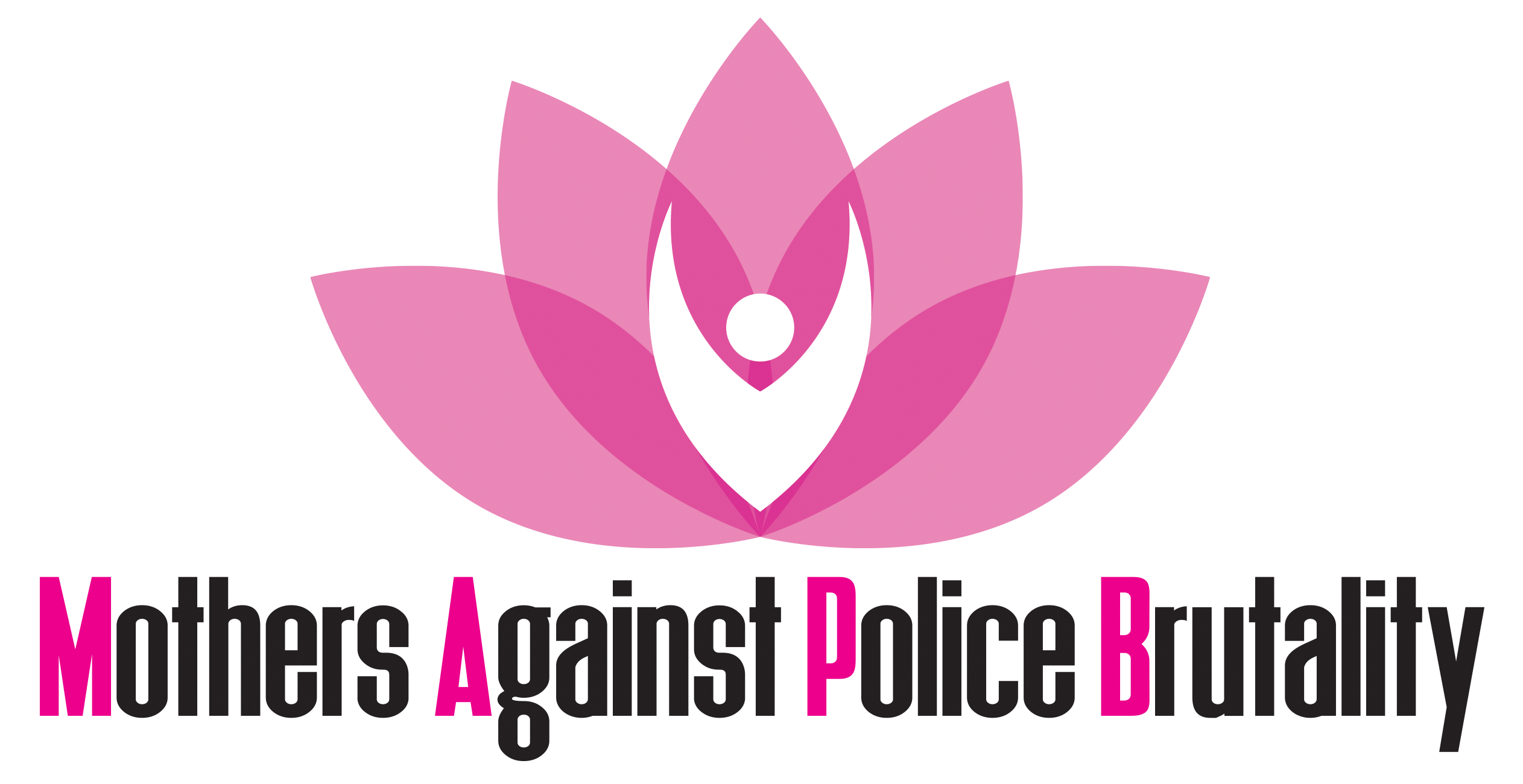FOR IMMEDIATE RELEASE
Dallas, Texas, May 21, 2015-MAPB expected that Arlington Police Officer Thedrick Andres would not be indicted in the death of Juan May last June, after the two had fought on a party bus in Duncanville. “We have followed this case closely,” said Collette Flanagan, who founded MAPB after her son, Clinton Allen was killed by a Dallas officer in 2013. “Juan’s sister, Jindia, is a strong member of our group. Shortly after Juan’s death, we met with Assistant Chief Jaime Ayala to make sure Andres was taken off patrol and his weapon taken from him.” Andres was off duty, not in uniform, when he physically fought with May after a dispute on a party bus. Andres left the bus, went to his car, retrieved his police weapon, and shot May to death the night of June 22, 2014. Thedrick Andres killed Juan May as a private citizen, not in any official capacity. But he was treated by Duncanville officers differently than any private citizen suspected of homicide would have been treated. He was not arraigned, not taken to jail, not given a drug or alcohol test. “If ever a police homicide resembled a typical murder – a crime of anger after a dispute – this was it,” said John Fullinwider, MAPB co-founder and president of the Dallas Peace Center. “But this latest no-bill fits the historic pattern of the Dallas DA justifying every fatal police shooting for the past 40 years. When it comes to police shootings, we have no county prosecutor. Susan Hawk, like the DAs before her, acts as chief defense council for cops who kill.” According to May’s sister, Jindia Blount, neither Juan nor his cousin Patrick May knew that Andres was a police officer. Ms. Blount testified about that night at an MAPB meeting last fall: We introduced ourselves on the party bus. No one mentioned that this man was a cop. It was not until after the discharge of that firearm, until after my brother fell to his death that — and when the police department, Duncanville police first — first responders arrived that his wife, she uttered the words, “He’s a cop.” When Duncanville pulled up on the scene, nobody, and I do mean nobody, attempted to come and assist me while I’m down there on my knees praying, trying to render aid to my brother. When Duncanville arrived on the scene, they went to the shooter. He pulled out his credentials, out of his pocket, and he showed them his credentials to let them know that he was one of them. “I’m one of you guys.” So while they’re interviewing and while they’re speaking with Mr. Police Officer, my brother is lying in the parking lot, and he is dying, and nobody attempted to render aid. And I want to say five minutes passed before someone put on gloves and walked in his direction. “There is no excuse for failure to render life-saving aid as Juan lay dying in the parking lot that night. While Juan May’s body was taken to the morgue,” Ms. Flanagan said, “his killer went home and slept in his own bed. Where are the elected officials who represent Juan May? Where is justice for his grieving family?” MAPB will consult with May’s sister, and with the group’s attorneys, in the coming days to plan next steps.
About Mothers Against Police Brutality
Mothers Against Police Brutality (MAPB) Mothers Against Police Brutality (MAPB) is an emerging, Dallas-based multi-generational, multi-racial, and multi-ethnic coalition uniting people nationally, from all walks of life, to hold law enforcement agencies more accountable. Collette Flanagan founded MAPB in 2013 after her son, Clinton Allen, an unarmed young man in custody, was shot to death by a Dallas police officer. MAPB works for an immediate end to the use of deadly force against unarmed persons; for changes in the overall use of excessive and deadly force to stop unnecessary injury and death; for changes in the treatment of mentally ill persons by police; for assistance to the families of the victims of police violence; for transparency and objectivity in the investigations of police misconduct; and for other changes in police policies and procedures to protect the lives of civilians, with a particular focus on protecting the lives of African American and Latino youth. Transforming grief into determination, Flanagan and MAPB are leading the charge to change deadly force policy in Dallas and throughout the U.S., to support families who have lost loved ones to police violence, and to help restore trust between the police and the communities they are sworn to serve and protect.
